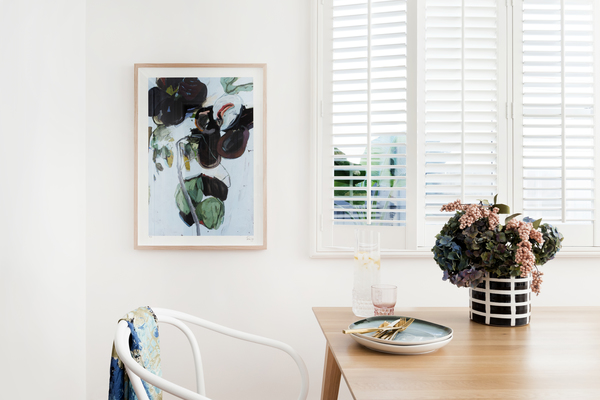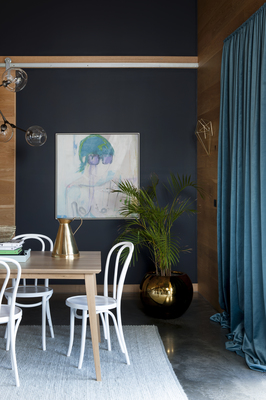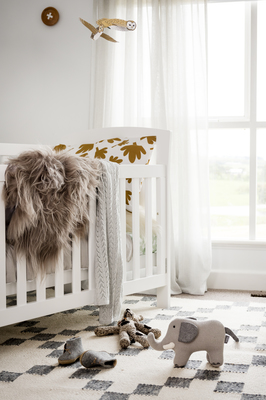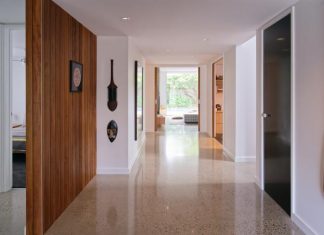By Cal Stewart, Brax Blinds Sales Manager
Your choice of window coverings can change a room by adding cosiness, highlighting an outlook or disguising a less than attractive view. The right style of window coverings can really put a finishing touch on your interior and give a room a visual lift.
In order to achieve this, it’s important to be clear about why you want curtains or blinds. This may seem obvious but there are a number of things to take into consideration.
Do you need privacy, room darkening, sun protection, thermal insulation or acoustic properties? Or do you simply want to dress the windows to give a room that completed feel?
You will also need to consider the functional aspect.
How do you intend on using these new curtains or blinds on a daily basis? How will they operate, where will they be installed and will your building’s structure support their installation?
Some windows and window treatments do have functional limitations. If your window is an unusual shape or in an awkward place you may need expert advice as to what is most suitable.
If you are time poor, you may want to consider using some automation options. Having blinds or curtains that open and close each day could mean one less job to worry about.
If you are looking at curtains, make sure you consider how they will fit within your space. Also, consider what impact covering part of the window or wall will have on the proportions of the room and on the window itself.
Curtains will require an amount of space to ‘stack when they are open, so will this impede on your room?
The term ‘heading’ refers to how a curtain is constructed across the top and includes finishes such as pinch pleat, ripple fold and gathered. This not only determines the ‘stack’ of the curtain but also the characteristics of how it drapes or looks. Are you after a casual relaxed style or do you prefer a more formal, structured look?
Printed fabrics and stripes don’t always lend themselves well to curtains as often the design or stripe can get lost into the pleats or folds of fabric. Keep this in mind when you are looking at fabrics, and if in doubt it could be helpful to consult an interior decorator or designer.
The fabric you choose must be suitable for its purpose and environment. Damp or mildewy rooms and curtains don’t mix, so these rooms are often better suited to more durable blind styles such as roller blinds, Venetian or shutters – styles that can be easily wiped clean.
Selecting the finished length for your curtains is something else you need to consider and once again, this will influence the look and feel. One of the most popular options for curtains is to “kiss the floor,” which means that they finish just a few millimetres above the floor for a clean, uncluttered finish. Alternatively, curtains can ‘puddle’ where they have extra length, allowing the curtain to pool on the floor, creating a more relaxed look.
Who else shares your space? Your lifestyle has a big impact. Even something like a pet that may shed or small children should be taken into account. Choose blinds or curtains that are easy to clean and stay away from looped cords or controls that can be dangerous to both small children and our fur babies. By law, blind cords must be securely fastened back to the wall.
Decorating your home should be an enjoyable experience and shopping for window coverings should never be stressful either.
There are a lot of things to consider, so if you are in doubt or unsure then make sure you seek some expert advice.










